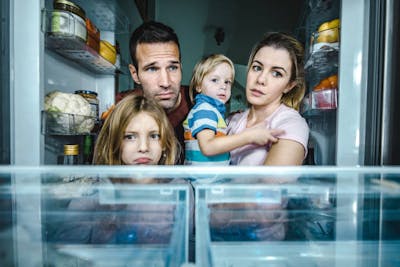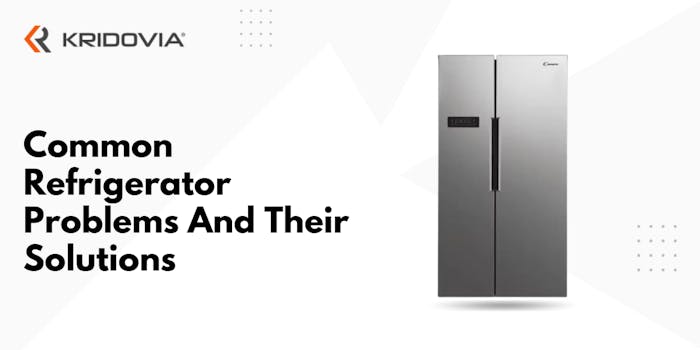Imagine this: a sweltering summer day, your kitchen filled with the delicious aroma of freshly prepared meals, and the anticipation of a refreshing cold drink from your refrigerator. But suddenly, you open the fridge door only to be greeted by lukewarm air and spoiled food. We’ve all been there, and it’s undoubtedly frustrating when our trusty best refrigerator in India encounters problems that disrupt our daily lives.
Fear not, for we are here to inform you of the mysteries behind 13 common refrigerators problems and provide you with the solutions you need to restore your cool sanctuary in the kitchen. From mysterious noises and inconsistent cooling to alarming leaks and faulty ice makers, we will guide you through each issue, offering insights into their causes and, most importantly, practical remedies for the best fridge in India.










